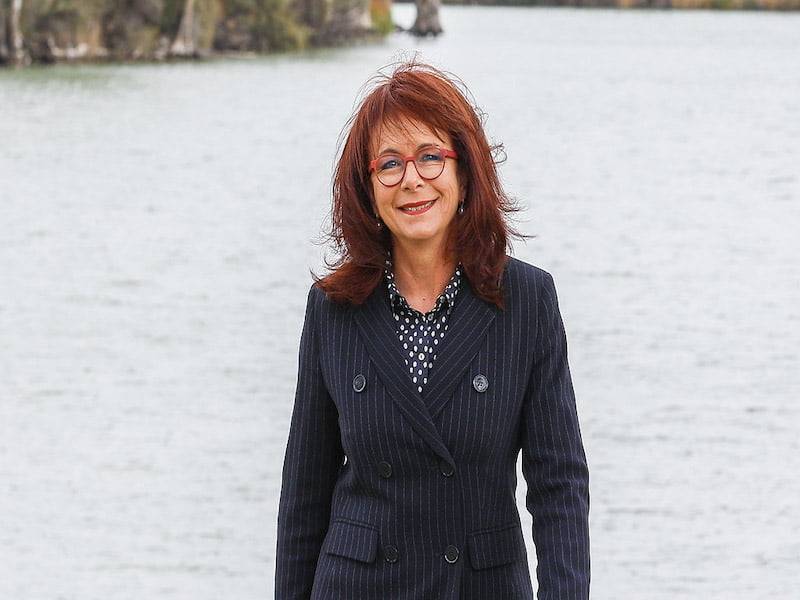Legislation has been introduced to Parliament which would make social media firms liable for defamatory content posted on their platforms by a user if it is not removed within two days.
On a bumper day for tech-related legislation which saw a separate draft bill unveiled and a discussion paper for the Privacy Act review, Nationals MP Dr Anne Webster introduced a private members bill to the lower house which would allow the eSafety Commissioner to issue “defamation notices” to social media giants such as Facebook.

Under the proposal, a member of the public would be able to make a complaint to the eSafety Commissioner about potentially defamatory material posted online. The Commissioner will then decide whether to issue a defamation notice to the service provider if it is satisfied that the content is defamatory.
If the social media company does not then remove the material within 48 hours, they will be made “jointly liable” to an action for defamation along with the user who posted the content.
Dr Webster introduced the bill to Parliament on Monday morning, saying that it “fills an important gap” in the recent Online Safety Act.
“We need to further hold social media services to account as publishers for the content posted on their services. For too long social media platforms have hidden behind the shield of protecting free speech while at the same time moderating their platforms with arbitrary rules,” Dr Webster said.
“At the moment there is very little impetus on social media services to ensure and protect users from harm…and this bill aims to change that by making these services jointly liable for defamatory content posted online.”
Late last year Dr Webster, her husband and the not-for-profit organisation they run were awarded $875,000 as part of a defamation payout in relation to Facebook posts about a “conspiracy theory”.
Speaking in Parliament, Dr Webster said this process cost “upwards of $200,000” in legal fees, making it difficult for regular people to access.
“Through this horrible experience I’ve been inspired to take action to prevent others going through this,” she said.
The bill also includes new “basic expectations” for social media firms in relation to the hosting of defamatory content, which will also be enforced by the eSafety Commissioner.
The legislation was introduced as a private members bill by Dr Webster, and the Attorney-General’s Office did not respond to queries over whether the federal government will be supporting it.
Liberal MP Julian Lesser spoke in support of the bill in Parliament.
“This is a timely bill, it complements many initiatives that the government is already taking in relation to cleaning up the environment in which social media companies operate,” Mr Lesser said.
“The difference between a lie and a truth on social media has become blurred and it’s up to the companies to put in place measures to protect people. If companies don’t it’s our job as regulators to put in protections.”
The prospect of making social media firms liable for defamatory content posted on their platforms has come into prominence in recent months, with a number of prominent ministers putting forward the idea.
Deputy Prime Minister Barnaby Joyce recently said that the social media giants “don’t own responsibility for what’s happening on their platforms”.
“You can’t say that ‘my platform is a vessel of free speech’, then the people who speak on that vessel don’t give their names, they don’t identify who they are and you therefore allow people to stand on that platform and throw bricks at passing motorists,” Mr Joyce said.
Prime Minister Scott Morrison has also floated the policy.
“They should have to identify who they are, and you know, the companies, if they’re not going to say who they are, well, they’re not a platform anymore, they’re a publisher,” Mr Morrison said.
Communications minister Paul Fletcher has also said that such a policy is under consideration by the government.
Do you know more? Contact James Riley via Email.


Mind you, she also thinks wind farms don’t work in the dark…